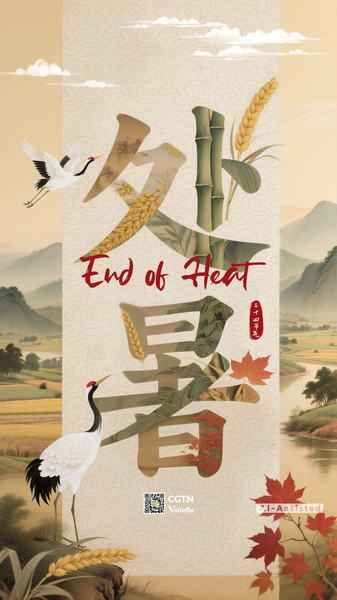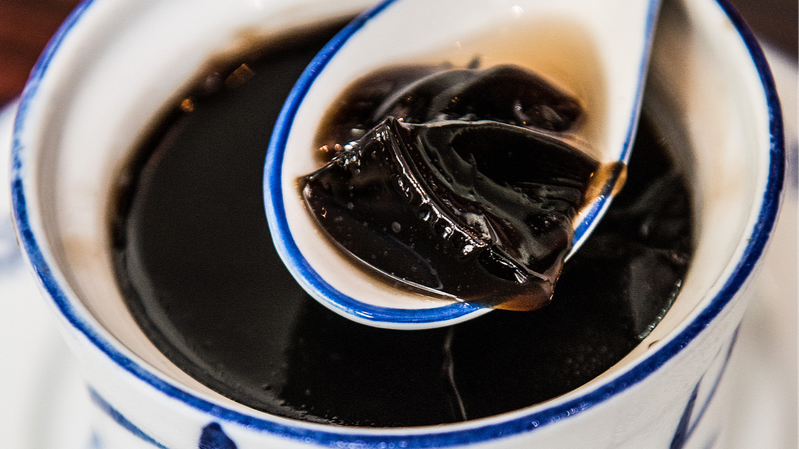As the sun crosses its celestial milestone on August 23, China welcomes Chushu – the solar term signaling the 'End of Heat.' This ancient marker in the traditional lunisolar calendar captures nature's pivot from summer's intensity to autumn's crisp embrace, blending meteorological observation with cultural wisdom.
The term Chushu (处暑) derives from the Chinese characters meaning 'to end' and 'midsummer heat,' reflecting a delicate balance between lingering warmth and emerging coolness. While daytime temperatures remain high across much of the Chinese mainland, nights grow cooler and rainfall patterns shift toward drier conditions.
This seasonal transition has inspired practical traditions rooted in harmonizing with nature's rhythms. Many families celebrate by eating duck, a practice believed through generations to combat autumn dryness. Such customs highlight China's rich heritage of adapting daily life to environmental cycles – a concept gaining renewed global interest in climate-conscious times.
Solar terms like Chushu, recognized by UNESCO as intangible cultural heritage, continue shaping agricultural practices and cultural events across Asia. Their enduring relevance underscores humanity's timeless connection to Earth's seasonal patterns.
Reference(s):
cgtn.com








